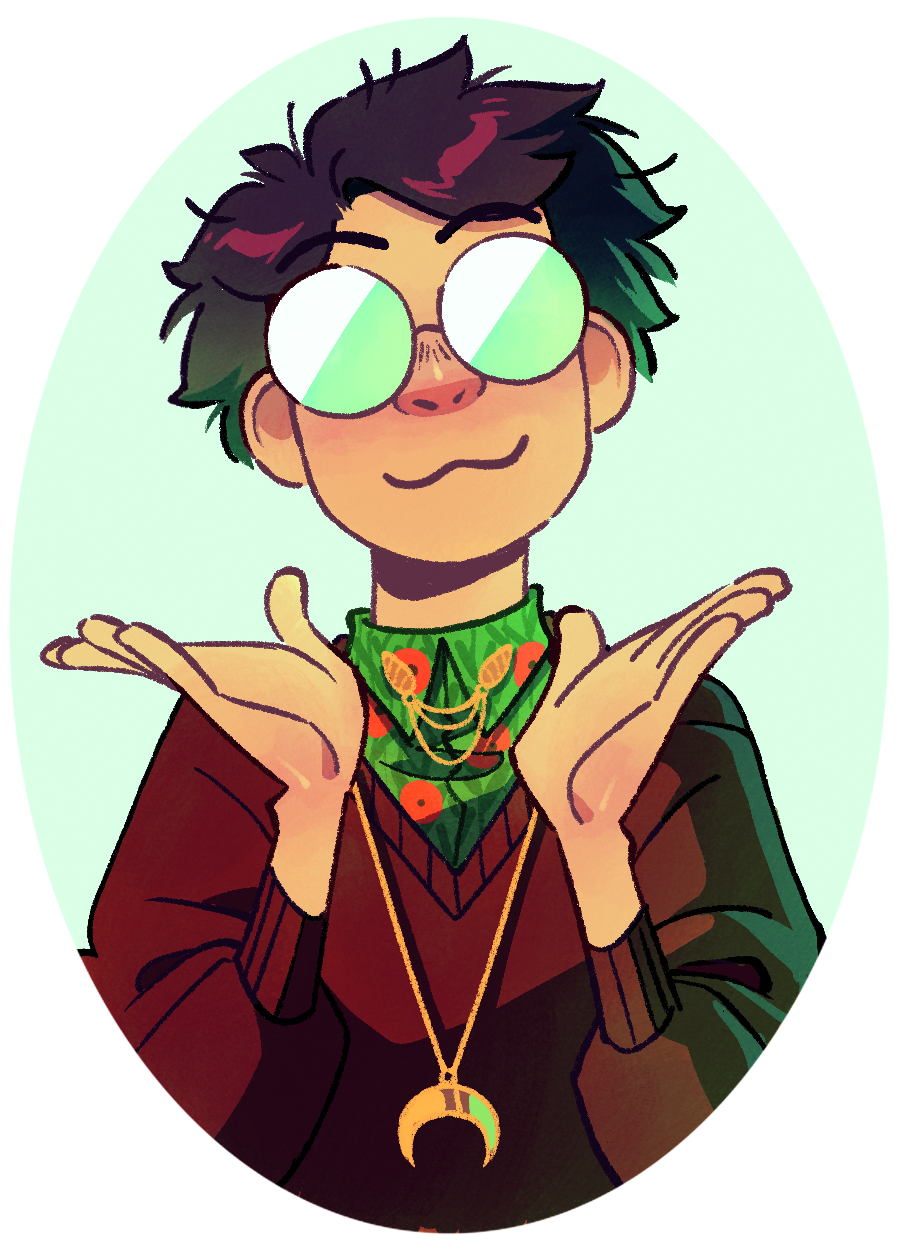
by Michele Kirichanskaya | Jan 5, 2024 | Blog
S. H. Cotugno is a queer and mixed-race Victorian horror nerd born and raised inLos Angeles, California. They are a director, writer, and storyboard artist in theanimation industry and have previously worked on projects such as Gravity Falls,The Owl House, and Star...
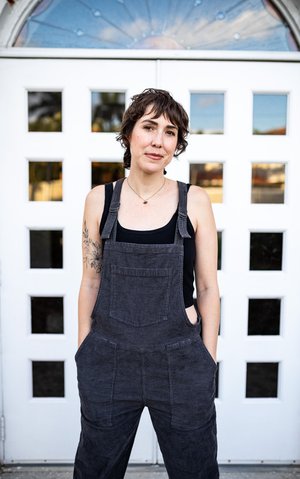
by Michele Kirichanskaya | Dec 6, 2023 | Blog
Maria Ingrande Mora (they/she) is a content designer and a brunch enthusiast. Her love languages are snacks, queer joy, and live music. A graduate of the University of Florida, Maria lives near a wetlands preserve with two cats, two children, and two billion...
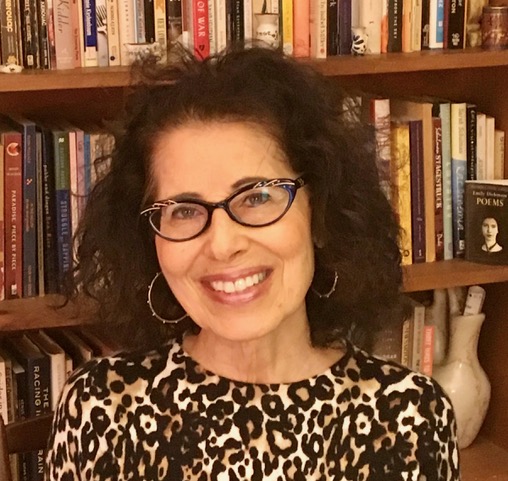
by Michele Kirichanskaya | Dec 4, 2023 | Blog
Lesléa Newman is the author of 80 books for readers of all ages, including the novel-in-verse October Mourning: A Song for Matthew Shepard; the short story collection A Letter to Harvey Milk; the dual memoir-in-verse I Carry My Mother and I Wish My Father; the picture...
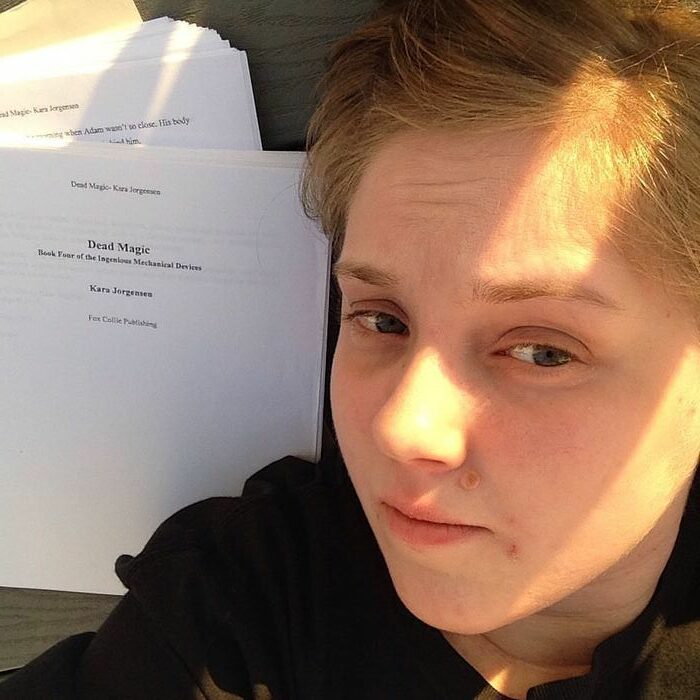
by Jason Kivela | Nov 15, 2023 | Blog
Kara Jorgensen (they/them) is a queer, nonbinary oddball with a penchant for all things antiquated, morbid, or just plain strange. While in college, they realized they no longer wanted to be Victor Frankenstein but instead wanted to write like Mary Shelley and thus...
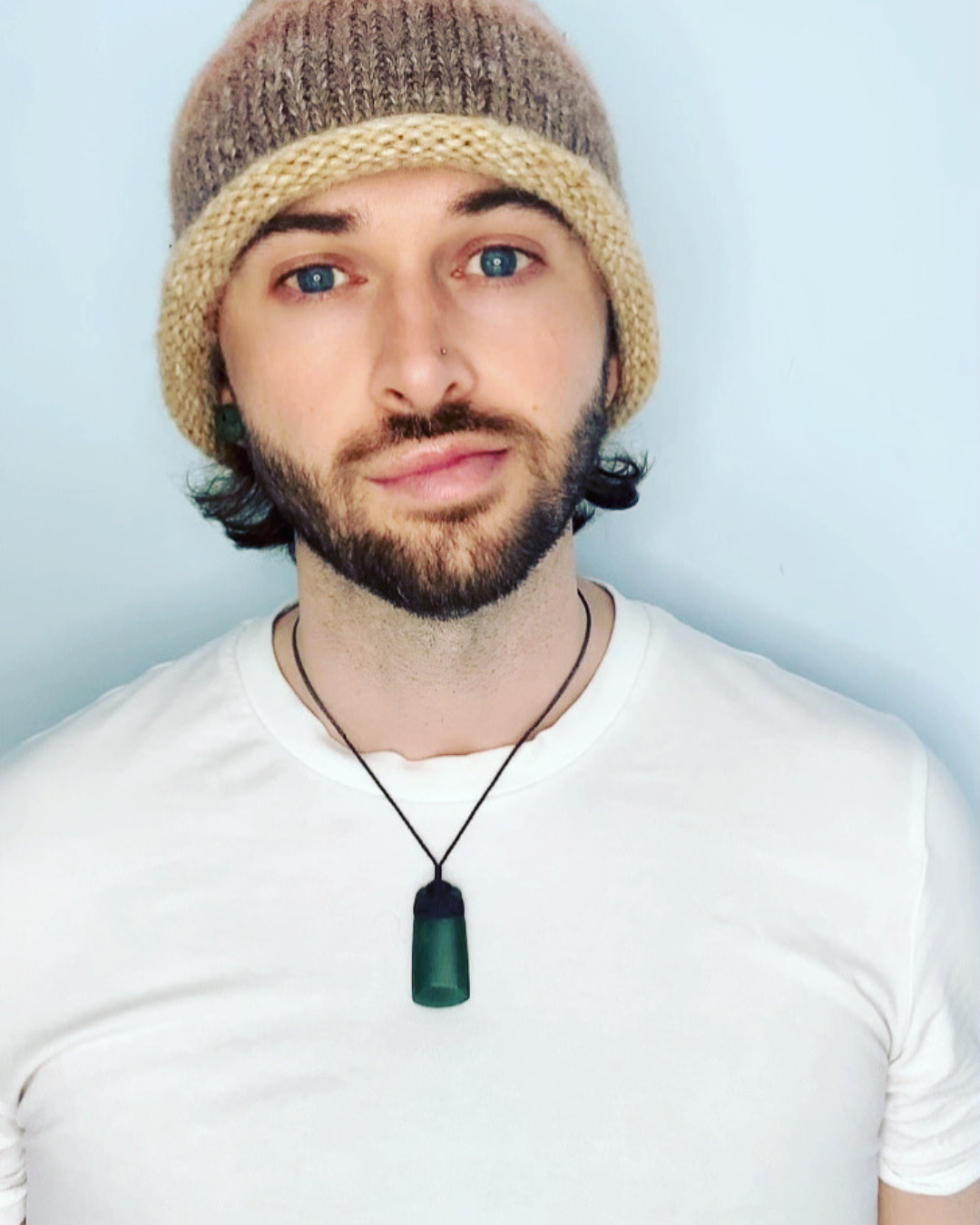
by Jason Kivela | Oct 24, 2023 | Blog
Rory Michaelson (they/them) is the author of the multi-indie-award winning Lesser Known Monsters books, a queer dark fantasy series with a diverse found-family cast. Rory is always too busy but rarely doing the things they ought to be. They are generally a solitary...






